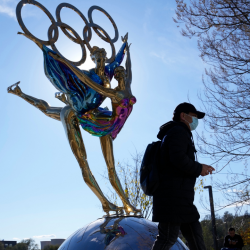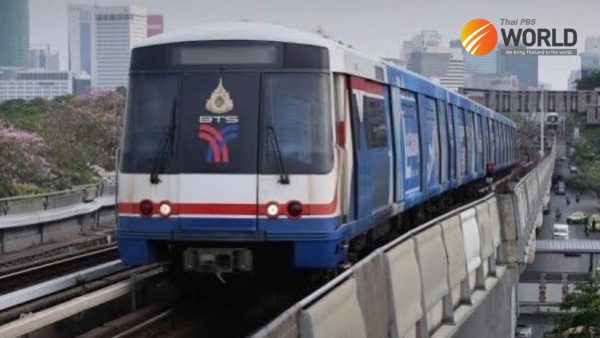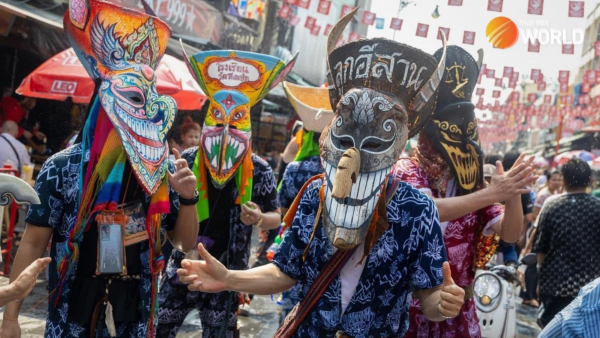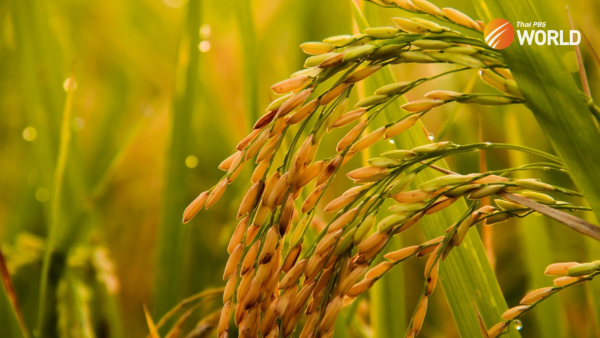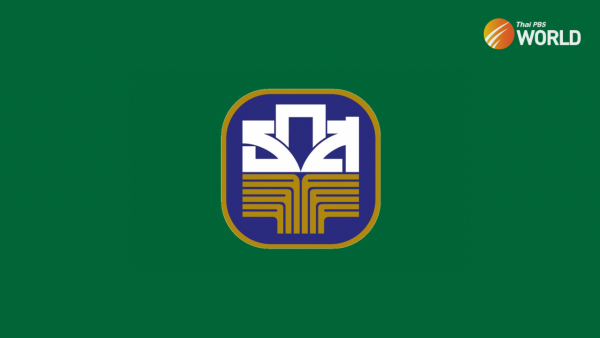As APEC host, Thailand embraces bio-circular-green economy
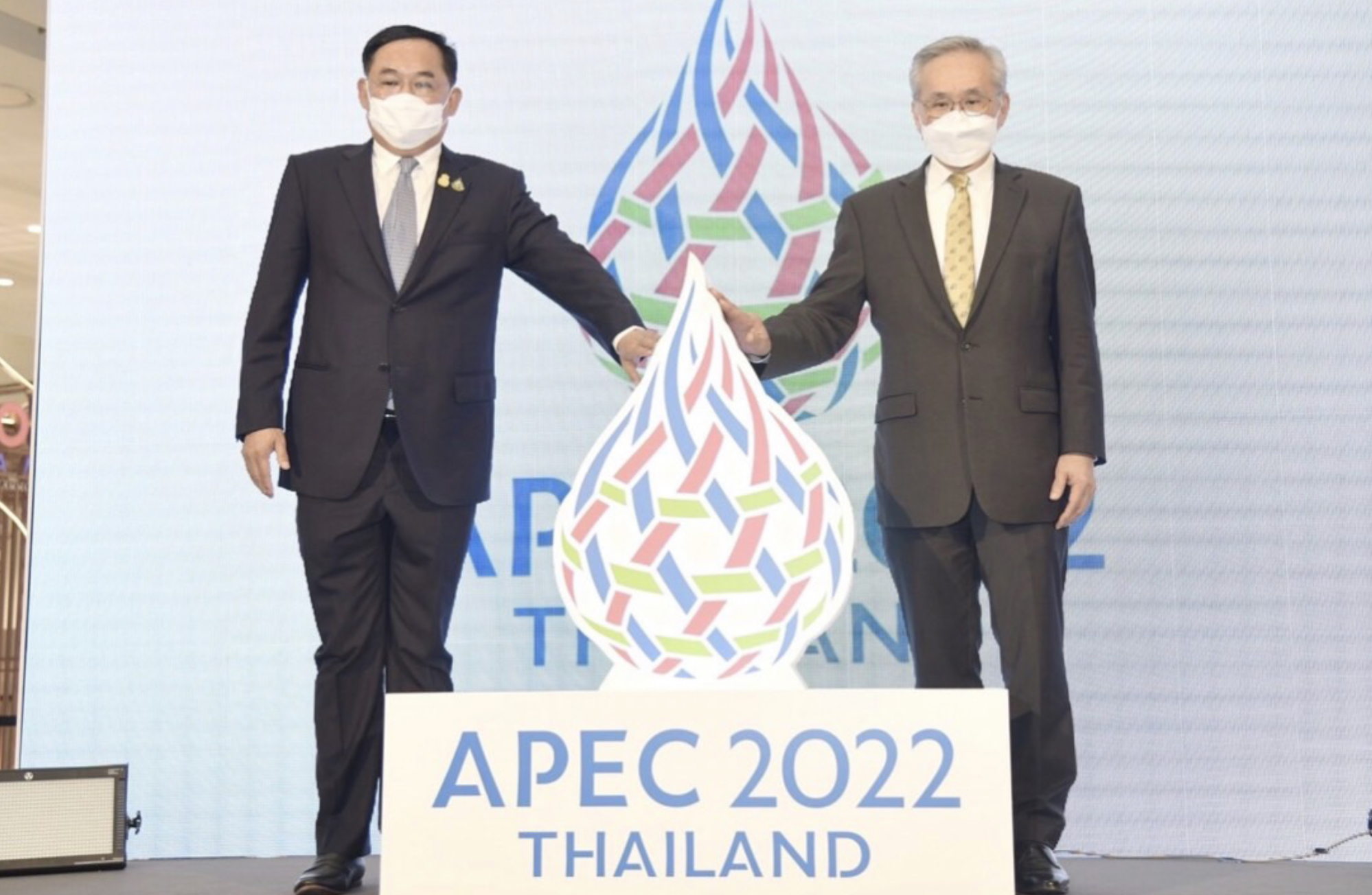
To cope with uncertainty and to overcome the health and economic difficulties brought about by COVID-19, the APEC 2022 host is to promote resilient, inclusive, balanced and sustainable growth for the whole Asia-Pacific region.
Permanent Secretary for Foreign Affairs Thani Thongphakdi outlined Thailand’s main strategies, as the current APEC chair, in an online briefing today (Thursday), stating that the host will focus on charting a post-COVID-19 future for the Asia-Pacific region. “We need to promote long-term growth that is resilient, inclusive, balanced and sustainable. The theme for APEC 2022 is “Open. Connect. Balance,”” he said, stressing the chair’s desire to move APEC economies forward.
Thailand is embracing the bio-circular-green economy, or BCG, as its overarching thinking. The core concept of the BCG economy is to promote balanced and sustainable growth, shifting from profit maximisation to a sustainable business model.
In the briefing, he reiterated the first concept of “Open”, which means being open to all opportunities, so that all parts of society benefit from free and open trade and investment. Thailand proposes that APEC should reassess the post-COVID-19 economic landscape and discuss how we will move forward, to promote regional economic integration.
“Connect” is to enhance connectivity in all dimensions. There is a clear demand from businesses and people for APEC to resume travel in a way that is safe, convenient and practical. “APEC will do more to coordinate our cross-border measures, namely by promoting interoperability of our systems, mutual recognition of testing and vaccination certificates,” he said.
In the longer term, he said that APEC will enhance business mobility, add value to the existing arrangements and use digital and innovative solutions to move people, goods and services across borders in a seamless, efficient and cost-effective manner.
Finally, “Balance” is to transform our economies for inclusive and sustainable development. Thani emphasized that APEC must be more resilient to shocks and crises and shift from profit maximisation to quality growth, where our ecosystem is regenerated and in balance.
Thani, who chairs the APEC senior officials meeting, pointed out the three priorities which Thailand would like to deliver in the next year with a new way of thinking.
Trade and investment, he said, have always been the core objectives and mission of APEC. As we chart a sustainable path to recovery from the disruption of the pandemic, APEC members have to rethink our approach to trade and investment.
“Thailand proposed the initiation of a refreshed conversation on the realisation of the Free Trade Area of the Asia Pacific (FTAAP) post-COVID-19, centred on the ideas that supply chains need to be resilient and new and emerging trade-related issues, such as health, the digital economy, climate change, as well as inclusive and sustainable development, need to be addressed,” he suggested.
The second priority would be to reconnect the region, physically and digitally. He said that two years into the pandemic, the disruption to connectivity remains one of the pressing and unresolved issues. “To revive growth, APEC 2022 will focus on restoring connectivity by resuming safe and seamless cross-border travel, reinvigorating tourism and the services sector, facilitating greater business mobility, as well as increasing investment in health security.”
As the third priority, Thailand will further APEC’s work on safe passage, to facilitate the movement of people across borders, starting with essential workers, including air and maritime crews. According to Thani, emphasis will be given to developing an APEC travel protocol, leveraging existing relevant international standards and recommended practices.
“We aim to work towards enhancing interoperability, consideration of mutual recognition of vaccine certification, developed or implemented by APEC economies, and provide a platform for exchanging relevant information and best practices,” he added.
To carry out these objectives, he said that the host will work closely with the other 20 economies, as well as with the private sector and other stakeholders.


